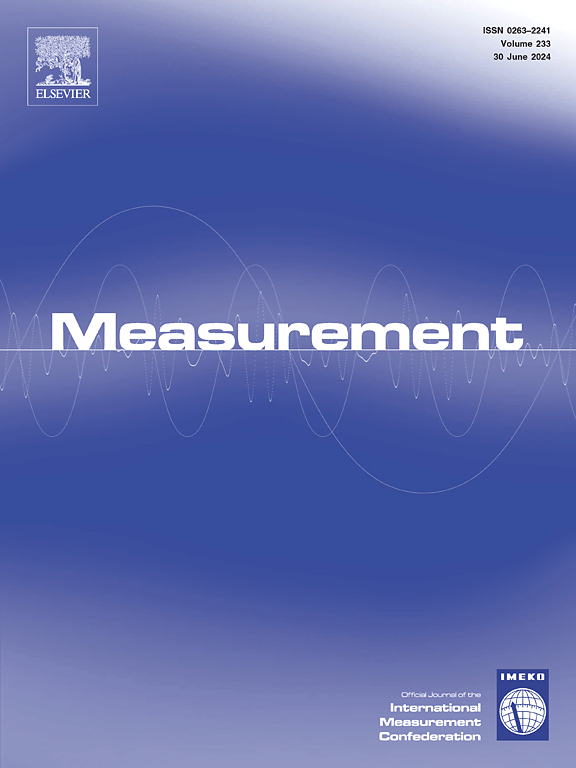基于最小分类错误率标准的特征基因筛查与乳腺癌诊断
IF 5.2
2区 工程技术
Q1 ENGINEERING, MULTIDISCIPLINARY
引用次数: 0
摘要
乳腺癌目前是全世界妇女中最常见的恶性癌症类型,占妇女癌症的31%,并且在发病率和死亡率方面都在上升。特征基因筛选对诊断、预后和及时治疗至关重要。本研究提出了一种基于最小分类错误率标准的乳腺癌特征基因筛选方法,用于乳腺癌的准确诊断。首先计算癌症与正常基因表达数据两条分布曲线的重叠面积,即统计最小分类错误率,然后以最小分类错误率标准从the cancer Genome Atlas (TCGA)数据中预筛选乳腺癌特征基因。其次,基于加权基因共表达网络分析(Weighted Gene Co-expression Network Analysis, WGCNA)和蛋白-蛋白相互作用(Protein-Protein Interaction, PPI)网络分析进一步筛选特征基因,并基于筛选到的基因构建乳腺癌诊断贝叶斯网络。最后,利用贝叶斯网络诊断模型中的TCGA数据验证了遗传筛选方法的有效性。实验结果表明,本文提出的方法准确率为96.67%,精密度为100%,召回率为93.1%,F1评分为0.9643,与常规的差异表达分析的癌症基因筛查方法相比,分别提高了5%、7.14%、3.44%和5.7%。本文章由计算机程序翻译,如有差异,请以英文原文为准。
Feature gene screening and diagnosis of breast cancer based on the minimum classification error rate criterion
Breast cancer is currently the most common type of malignant cancer in women worldwide, accounting for 31 % of cancers in women, and has been on the rise in terms of both morbidity and mortality. Feature gene screening is essential for diagnosing, prognosis, and timely treatment. This study proposed a breast cancer feature genes screening method based on the minimum classification error rate criterion for accurate breast cancer diagnosis. Firstly, the overlapping area between the two distribution curves of cancer and normal gene expression data, namely, the statistically minimum classification error rate was calculated, and the breast cancer feature genes were then pre-screened from The Cancer Genome Atlas (TCGA) data with the minimum classification error rate criterion. Secondly, the feature genes were further screened based on the Weighted Gene Co-expression Network Analysis (WGCNA) and Protein-Protein Interaction (PPI) network analysis, and the Bayesian network for diagnosing breast cancer was constructed based on the screened genes. Finally, the effectiveness of the genetic screening method was validated using TCGA data within the Bayesian network diagnostic model. Experimental results showed that the method proposed in this paper had an accuracy of 96.67%, precision of 100%, recall of 93.1%, and F1 score of 0.9643, which were improved by 5%, 7.14%, 3.44%, and 5.7% compared to the conventional cancer gene screening methods with differential expression analysis.
求助全文
通过发布文献求助,成功后即可免费获取论文全文。
去求助
来源期刊

Measurement
工程技术-工程:综合
CiteScore
10.20
自引率
12.50%
发文量
1589
审稿时长
12.1 months
期刊介绍:
Contributions are invited on novel achievements in all fields of measurement and instrumentation science and technology. Authors are encouraged to submit novel material, whose ultimate goal is an advancement in the state of the art of: measurement and metrology fundamentals, sensors, measurement instruments, measurement and estimation techniques, measurement data processing and fusion algorithms, evaluation procedures and methodologies for plants and industrial processes, performance analysis of systems, processes and algorithms, mathematical models for measurement-oriented purposes, distributed measurement systems in a connected world.
 求助内容:
求助内容: 应助结果提醒方式:
应助结果提醒方式:


